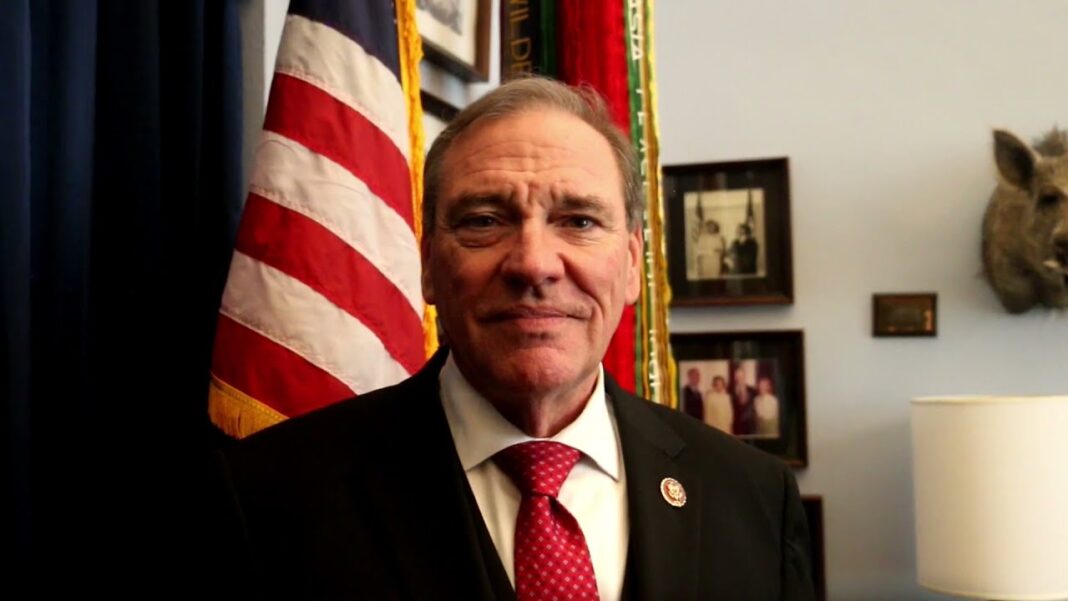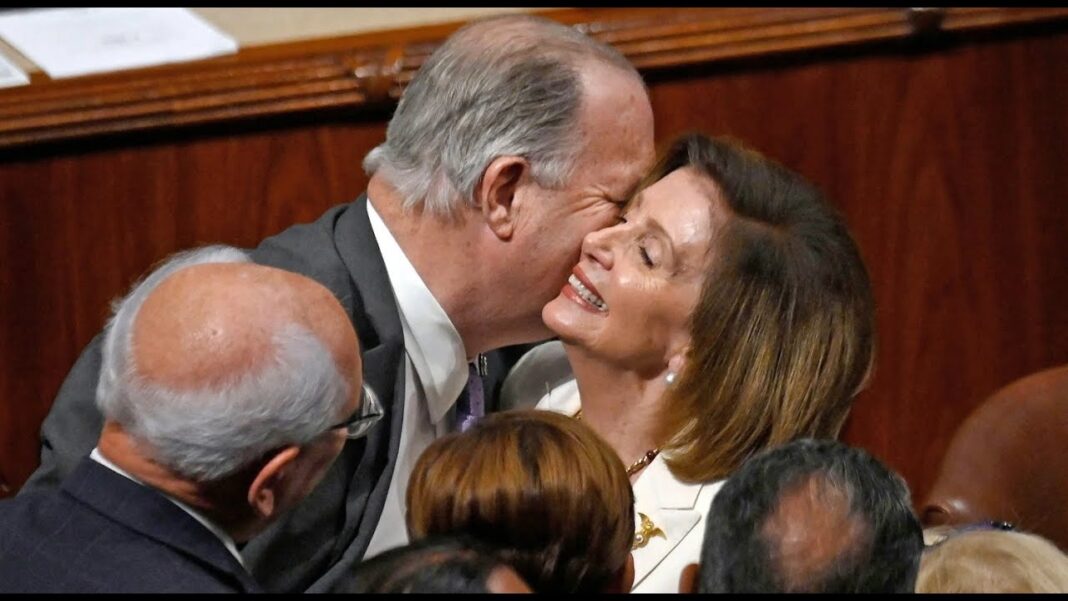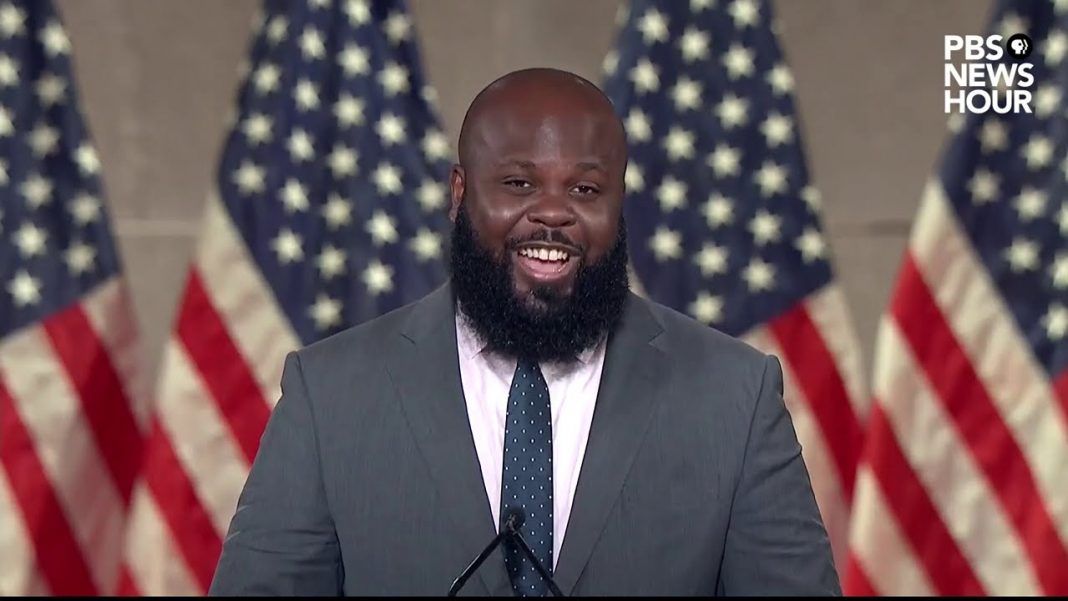With Rep. Neal Dunn (R-Fla.) defeating Rep. Al Lawson (D-Fla.) in one of just two clashes between sitting House reps across the country in the Nov. 8 midterms, Florida is sending a 20-8 Republican-dominated delegation to Congress in 2023.
According to Decision Desk HQ, with more than 73 percent of the votes reported, Dunn garnered more than 74 percent of the vote, to Lawson’s 26 percent, to win a fourth term in the revamped district.
The Dunn-Lawson race was one of five Florida congressional contests on the Nov. 8 ballot pegged to be competitive.
Florida did its part for the GOP, delivering a gain of four seats—Republicans only needed to gain five seats overall to secure a House majority. Republicans swept all five congressional races deemed to be competitive ahead of election.
In CD 15, former Republican Secretary of State Laurel Lee defeated former local TV news reader Democrat Alan Cohn in what is essentially the state’s newest congressional district between Lakeland and Tampa.
In South Florida’s CDs 27 and 28, incumbent Republican Reps. Maria Elvira Salazar (R-Fla.) and Carlos Gimenez (R-Fla.) held off upset bids by state Sen. Annette Taddeo (D-Miami) and state Rep. Robert Asencio (D-Miami).
Republican Cory Mills easily swept past Democrat Karen Green to win the open seat in CD 7 left vacant by Democrat Rep. Stephanie Murphy’s (D-Fla.) decision not to seek reelection in what had been a purple district into one that favors Republican candidates.
Dunn, in CD 2, and Lawson in CD 5 were both elected to the House in 2016. Post-2020 Census redistricting orchestrated by Republican Gov. Ron DeSantis fragmented Lawson’s former district, merging blue Tallahassee precincts into Dunn’s deep red Panama City-based CD 5.
The “new” CD 2 voted for former President Donald Trump over President Joe Biden by more than 11 percentage points in 2020 despite Republicans having only a 1 percent advantage of 3,700 registered voters across the 14-county district.
By John Haughey







